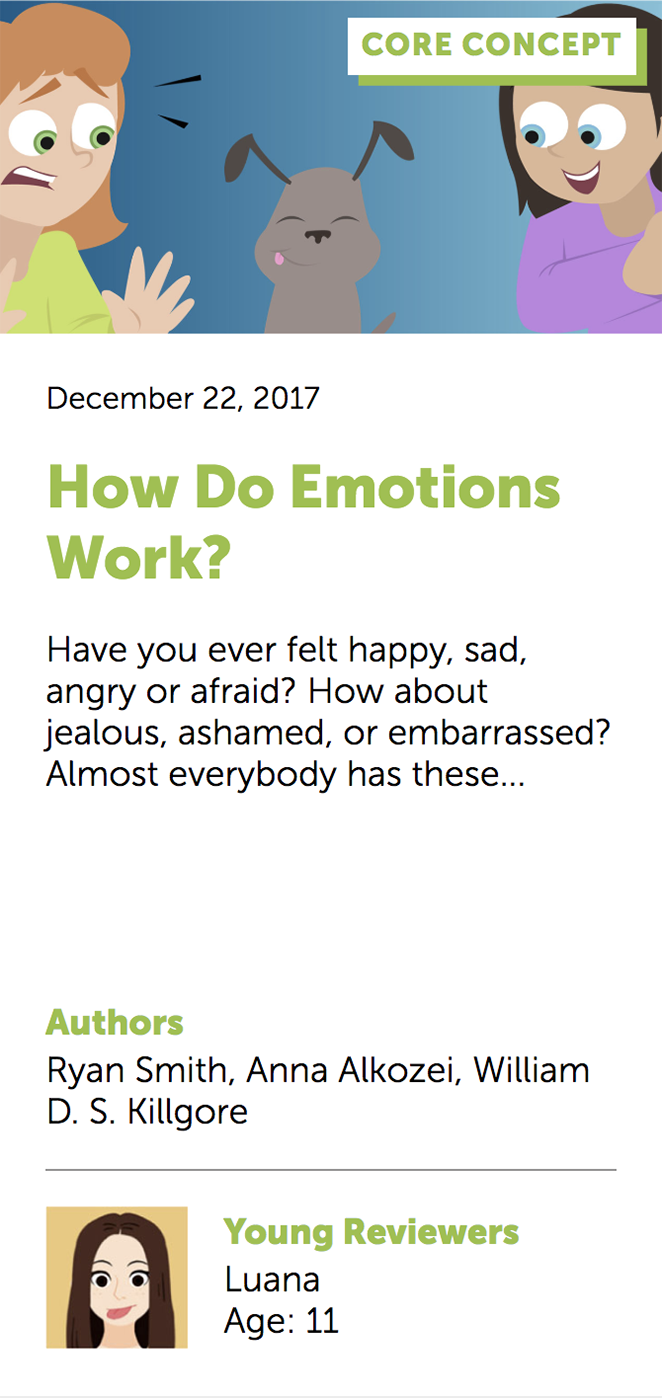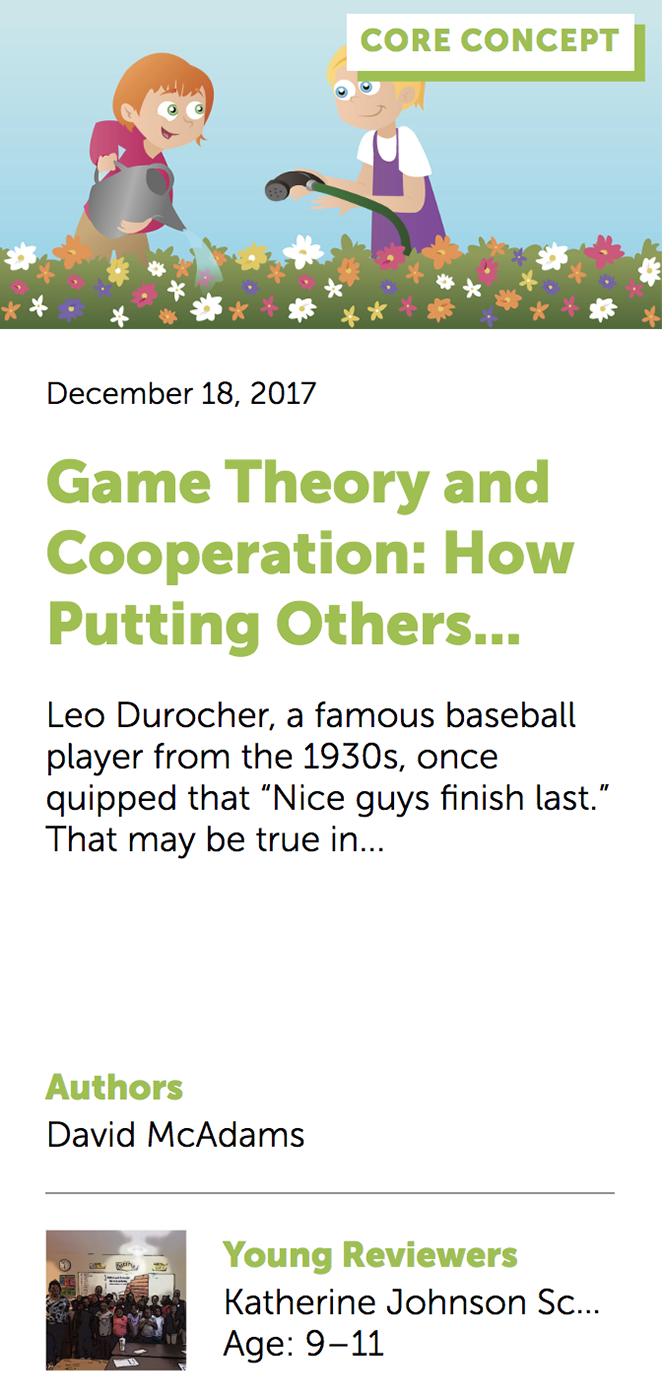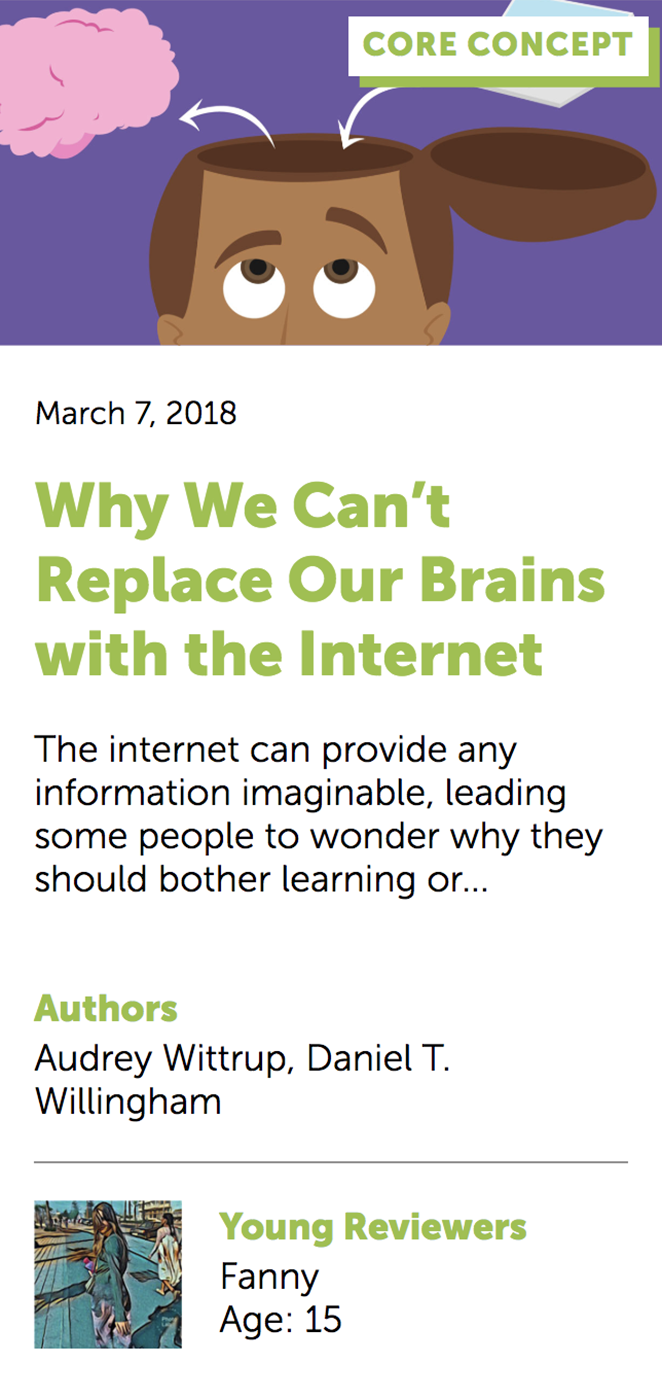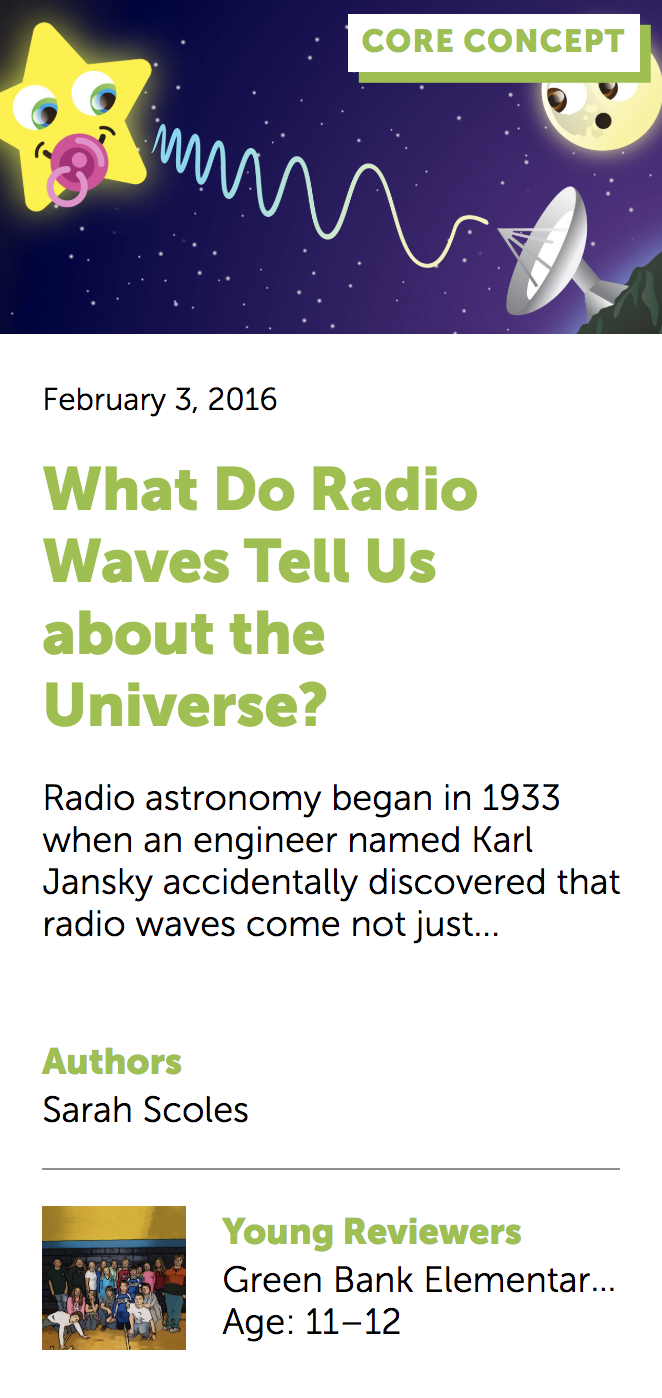Fourth most-cited publisher
3.65
Analysis of the world’s 20 largest publishers by volume, ranked by number of average citations received to articles published in 2015, 2016 and 2017 (Scimago, 2018).
Frontiers ranks 4th most-cited with an average of 3.65 citations per article. When compared to multi-disciplinary publishers, Frontiers ranks as the top most-cited. Read the full analysis here.
Frontiers ranks 4th most-cited with an average of 3.65 citations per article. When compared to multi-disciplinary publishers, Frontiers ranks as the top most-cited. Read the full analysis here.
Article Citations (total Scopus)
883,785
Articles published (total)
104,825
Articles published (per year)
Articles
Year
Total
Submitted
163,057
Accepted
106,668
Rejected
40,324
2018
2017
2016
2015
2014
2013
2012
2011
2010
2009
2008
2007
The Frontiers collaborative review certifies objective quality, validity and rigor of research. It is performed by our editorial board of researchers, assisted by our peer-review team and powered by our custom-build Open Science platform technology. The review mandate does not focus on potential impact, nor are artificial acceptance or rejection rates imposed. Within this framework, the rejection rate for 2018 was on average 38% across all Frontiers journals, and up to 59% in some fields.
Article views & downloads (total)
497,883,774
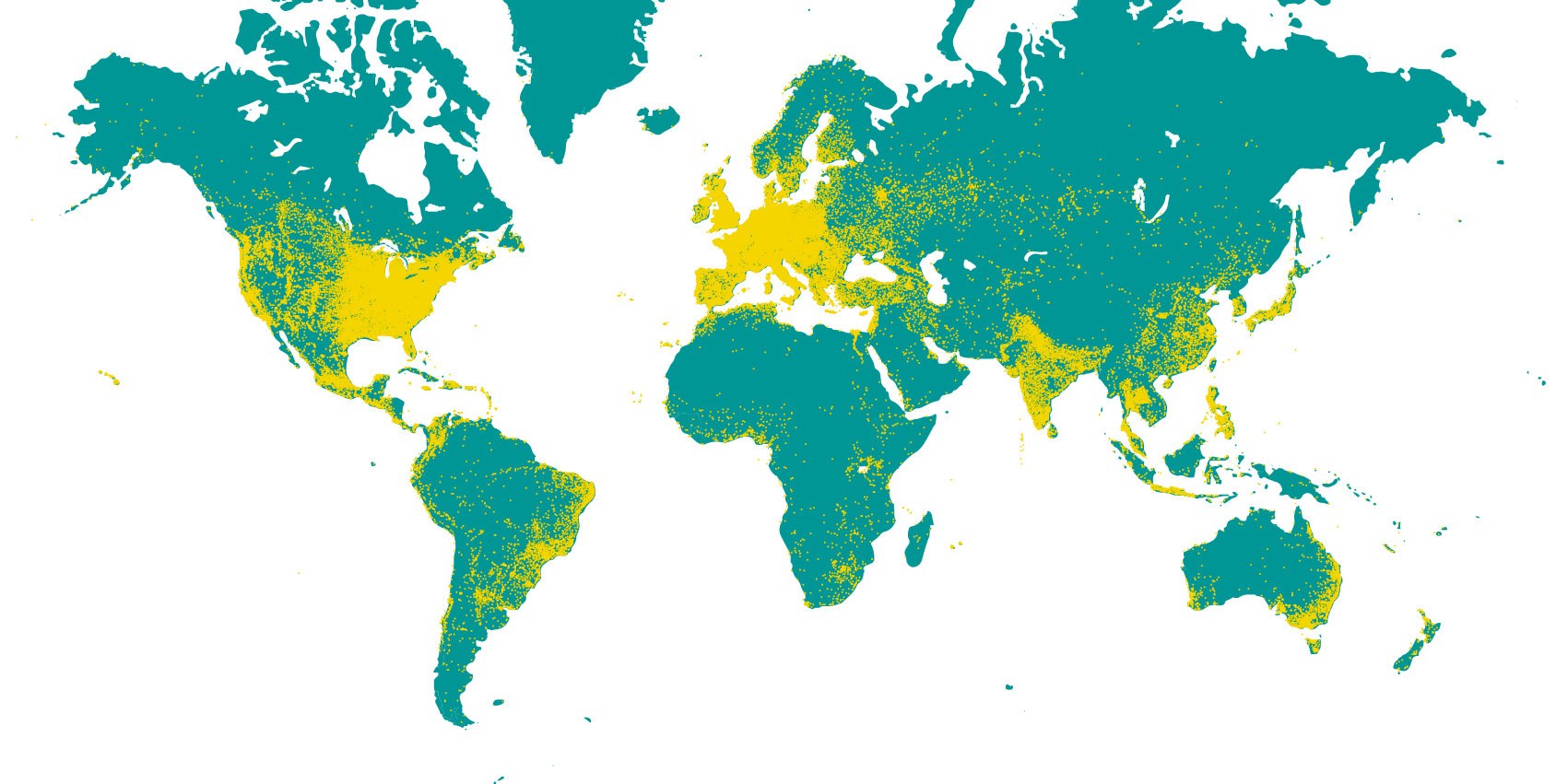
Open-access journals (total)
Academic disciplines (total)
64
542
Institutional Agreements (total)
122
National Agreements (total)
2
Pioneers of fully transparent national Open Access agreements with universities in Austria and Sweden.
Top institutional affiliations
Editors (total)
87,092
Editors’ geographical locations
44%
Europe
32%
North
America
America
14%
Asia
4%
Oceania
3%
South
America
America
1%
Africa
Authors (total)
363,071
Authors’ geographical locations

41%
Europe
26%
North
America
America
25%
Asia
3%
Oceania
4%
South
America
America
1%
Africa
News mentions of articles (total)
Social media mentions of articles (total)
26,683
706,267

